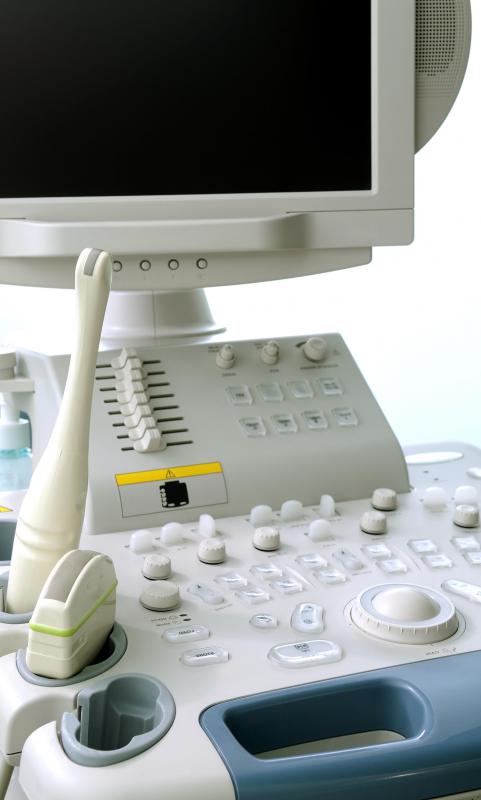At TheHealthBoard, we're committed to delivering accurate, trustworthy information. Our expert-authored content is rigorously fact-checked and sourced from credible authorities. Discover how we uphold the highest standards in providing you with reliable knowledge.
What are the Symptoms of a Missed Miscarriage?
A missed miscarriage occurs when a fetus has died in the womb or in utero. Most times when this occurs, the body naturally begins the miscarriage process and the fetus is released from the body. In some instances miscarriage does not begin right away, and the pregnant woman has little to no indication that anything is wrong. Should this state continue there might be symptoms of a miscarriage that can be assessed.
It’s important to note that miscarriage may refer only to the death of an embryo in utero in a pregnancy that is not yet 20 weeks advanced. Thereafter, death of the fetus is often considered in a different light. However a pregnant woman who had fetal death just before 20 weeks without the other signs of miscarriage could be still considered as having a missed miscarriage.

There are a few potential missed miscarriage symptoms. Especially in early stages things commonly associated with the first trimester like nausea, tiredness, breast tenderness, and dizziness may cease if the fetus has died. This isn’t always the case, blood analysis of pregnancy hormones may remain the same at first, which causes many first trimester symptoms.

The longer the fetus stays in utero, however, the more potential symptoms could occur. For instance, the pregnancy will fail to progress. The belly won’t grow as it would if a developing fetus were present. Most importantly, Doppler exam will show no evidence of fetal heartbeat, and any sonogram/ultrasound would show a fetus that is completely still and has no heartbeat.

In the later parts of the 20 weeks, women may have felt movement in the womb already. If this movement was prominent and then comes to a complete halt, it may be a sign of missed miscarriage too. Some women also develop bleeding, especially of bright red blood, but do not fully miscarry.
Good prenatal care is useful in making sure a miscarriage, missed or not, is identified. Most often doctors will want to treat this by performing a dilation and curettage (D & C), if miscarriage doesn’t begin in a few days. Presence of the fetus in the body does result in much higher risk for systemic infection, which could be life-threatening. In fact, failure to diagnose missed miscarriage, often as a result of no prenatal care, could lead to a situation where the first symptom is blood infection or sepsis.

Under extremely rare circumstances, often an ectopic or abdominal pregnancy, death of the embryo does not cause infection. Stories collected from around the world tell of fetuses that have calcified after dying and not created infection to the mother. These stories need to be viewed as the extreme exception rather than the rule. Sepsis is typically the result of failure to fully miscarry, which is why so many doctors recommend D & C if full miscarriage doesn’t begin. Women strongly opposed to this procedure could discuss other options with their physician, such as induction of labor.

One of the tragedies of missed miscarriage is that women may have very little warning that something is wrong with a pregnancy. They’re usually not bleeding initially and they aren’t experiencing the cramping and pain associated with miscarriage, though they might have a brief episode of this that then quickly ceases without major bleeding. Diagnosis is often made at routine doctor’s visits and confirmed by ultrasound. The cause is often unidentified, which may be cold comfort.

It is important to note after end of pregnancy that women are just as at risk for developing postpartum depression as those who carry to term. These feelings could be exacerbated by the loss of a child. Adequate support is needed for the woman who experiences any form of miscarriage.
AS FEATURED ON:
AS FEATURED ON:
















Discussion Comments
Can using a fetal doppler too much cause a miscarriage?
Post your comments